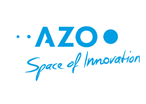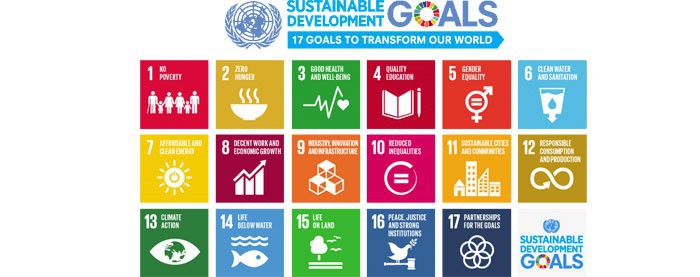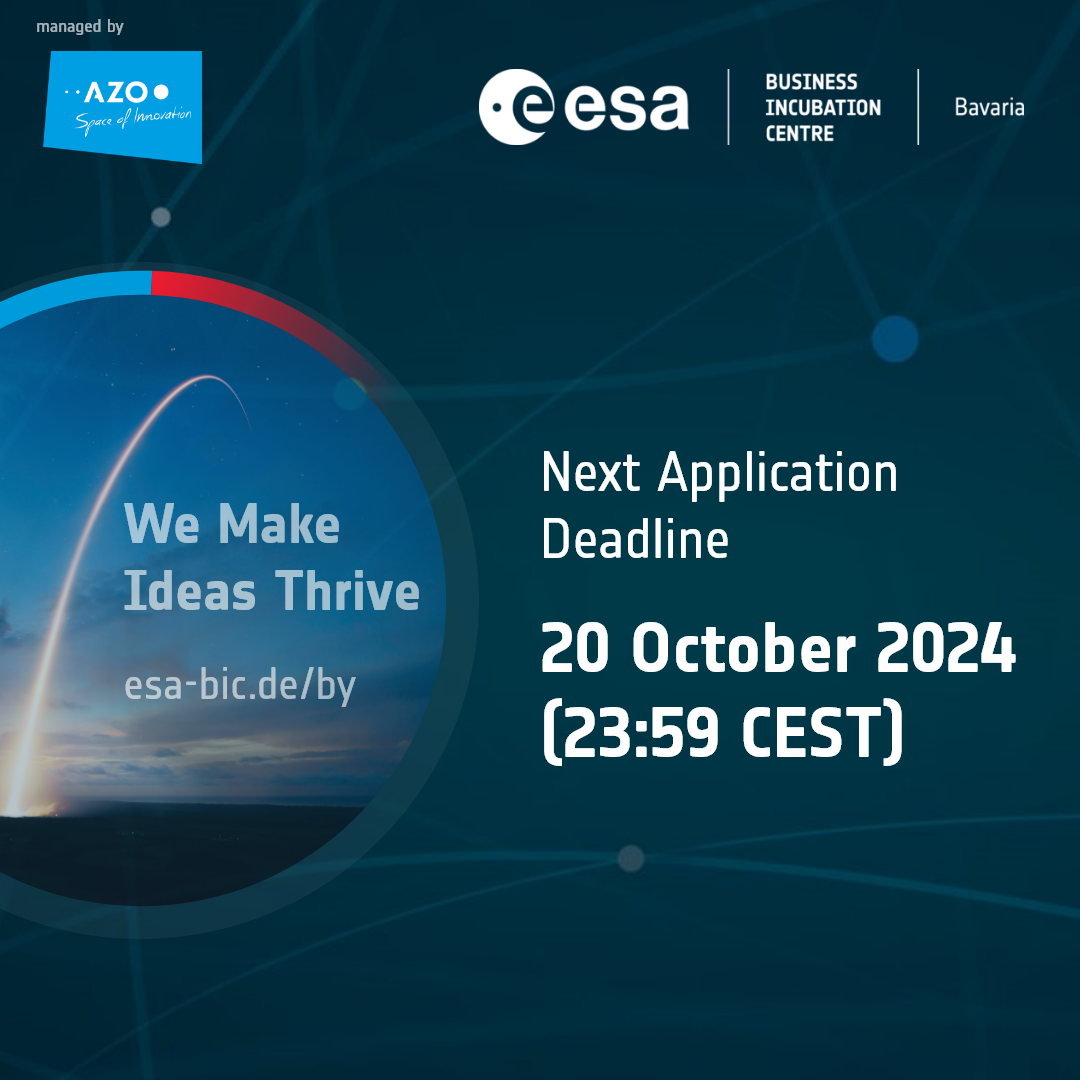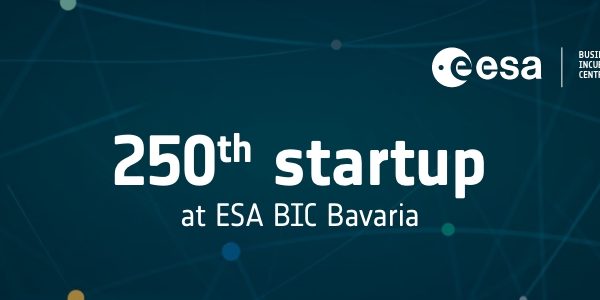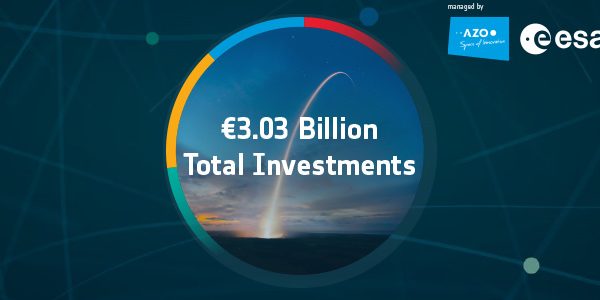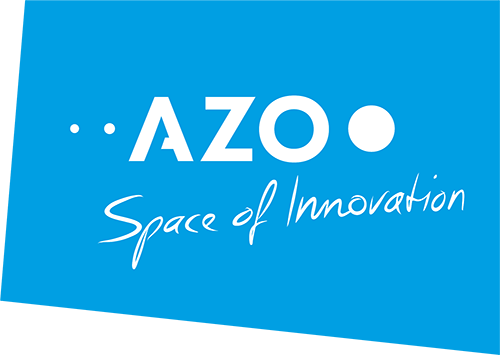Discussing the future was the plan after facing poverty, plagues, famine, drought, and wars in any part of the world. In 2000, 189 countries wanted to make this world a bit better. These countries were aware that it doesn’t have to be like this. So, they created a plan un to 2015 – and in 2015 they sat together again to go even further. This is when the 17 “Sustainable Development Goals (SDGs)” were created:
- No poverty
- No hunger
- Good health & wellbeing
- Quality education
- Gender equality
- Clean water & sanitation
- Affordable & clean energy
- Decent work & economic growth
- Industry, innovation & infrastructure
- Reduced inequalities
- Sustainable cities & communities
- Responsible consumption & production
- Climate action
- Life below water
- Life on land
- Peace and justice & strong Institutions
- Partnership for the goals
The SDGs are no less than an expression of the big challenges of our time, and having a globally-agreed roadmap for progress is very important. The SDGs indeed tell us where to go, but not how to get there. Politicians, academics and leaders in business and science are invited to use the sustainable goals framework to create lasting, economically effective and healthy societies in the world. Everybody understands that the enormous challenge of achieving the SDGs requires a very different set of actors driving change and influencing practice.
However, keeping in mind, that we have enough food for everybody in the world, that most of the diseases can be cured today and that we are able to predict most of the disasters with appropriate systems and solutions, an additional approach is required. Here, Earth observation (EO) from space is a cost-effective way of obtaining pure and essential data on our physical world. By using “space data”, decision-makers understand trends, evaluate needs, and create development policies and programmes based on the SDGs.
Copernicus Masters Program
The Copernicus Masters is THE programme to accomplish and support the SDGs by using EO and big data from space. As the leading innovation platform for commercial EO applications, the Copernicus Masters has received more than 900 submissions from nearly 60 countries and rewarded more than 50 winners over the past six years. Many applications concerned the sustainable production of food, sustainable agriculture, space for health or GPS – to name but a few.
This year’s Copernicus Masters again contains many challenges supporting the achievement of the SDGs, such as:
- Copernicus Sustainable Development Challenge by the European Commission focusing especially on the development of SDG applications as well as applications for the sustainable use of natural resources, climate change actions and the protection of the environment in general
- The Disaster Management Challenge by Astrosat, focusing on specific types of disaster scenarios (e.g. flooding, earthquake, man-made disasters, and so on)
- Catapult Sustainable Living Challenge, focusing on agriculture and food security, city planning and management, natural resource management from mining to water, sustainable use of the oceans
Sustainable development concerns all of us and everybody needs to get involved. In particular, future-oriented developers are encouraged to write their own chapter of success by taking part in the Copernicus Masters 2017. Getting involved means opening a door to sustainability as well as incredibly rewarding experiences and prizes: Submit your idea and get involved. The submission phase for the Copernicus Masters 2017 runs until 30 June 2017.
